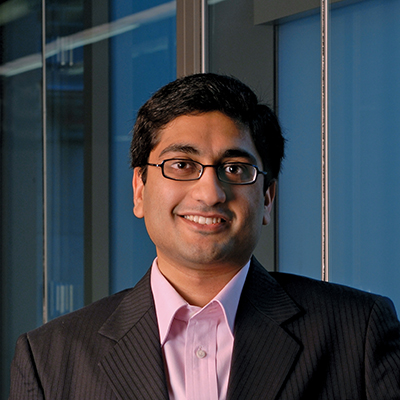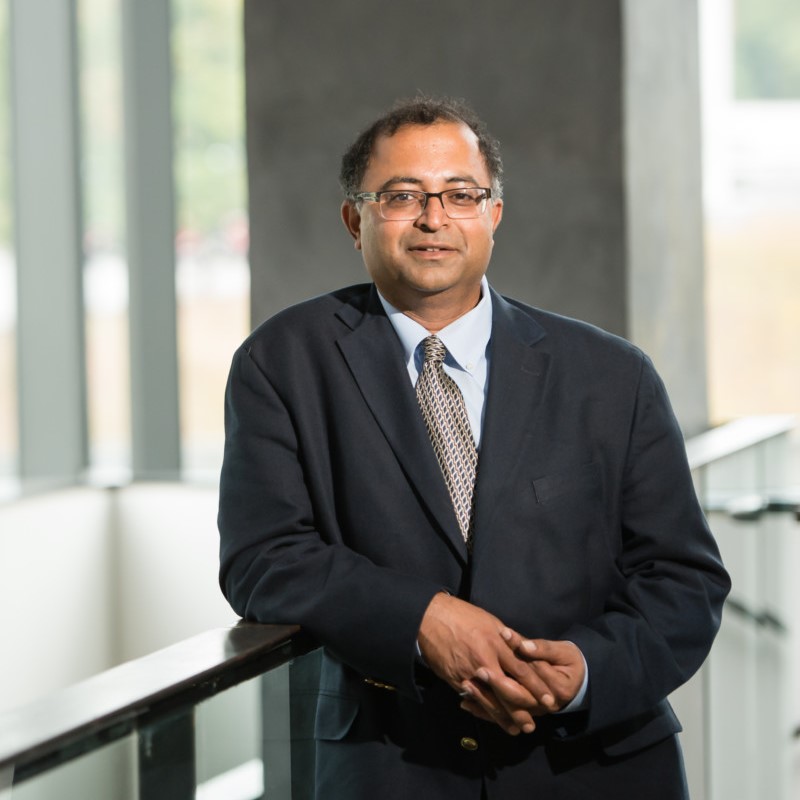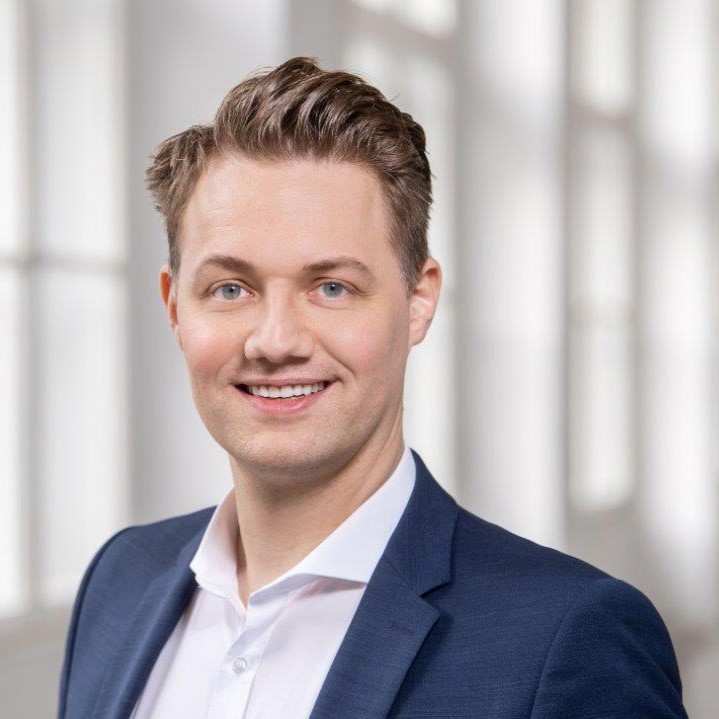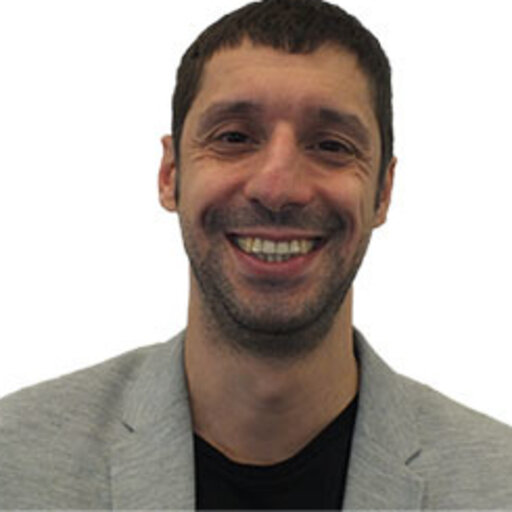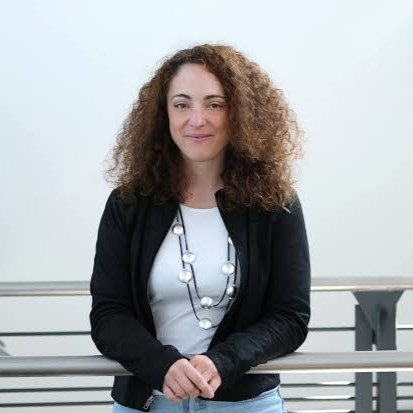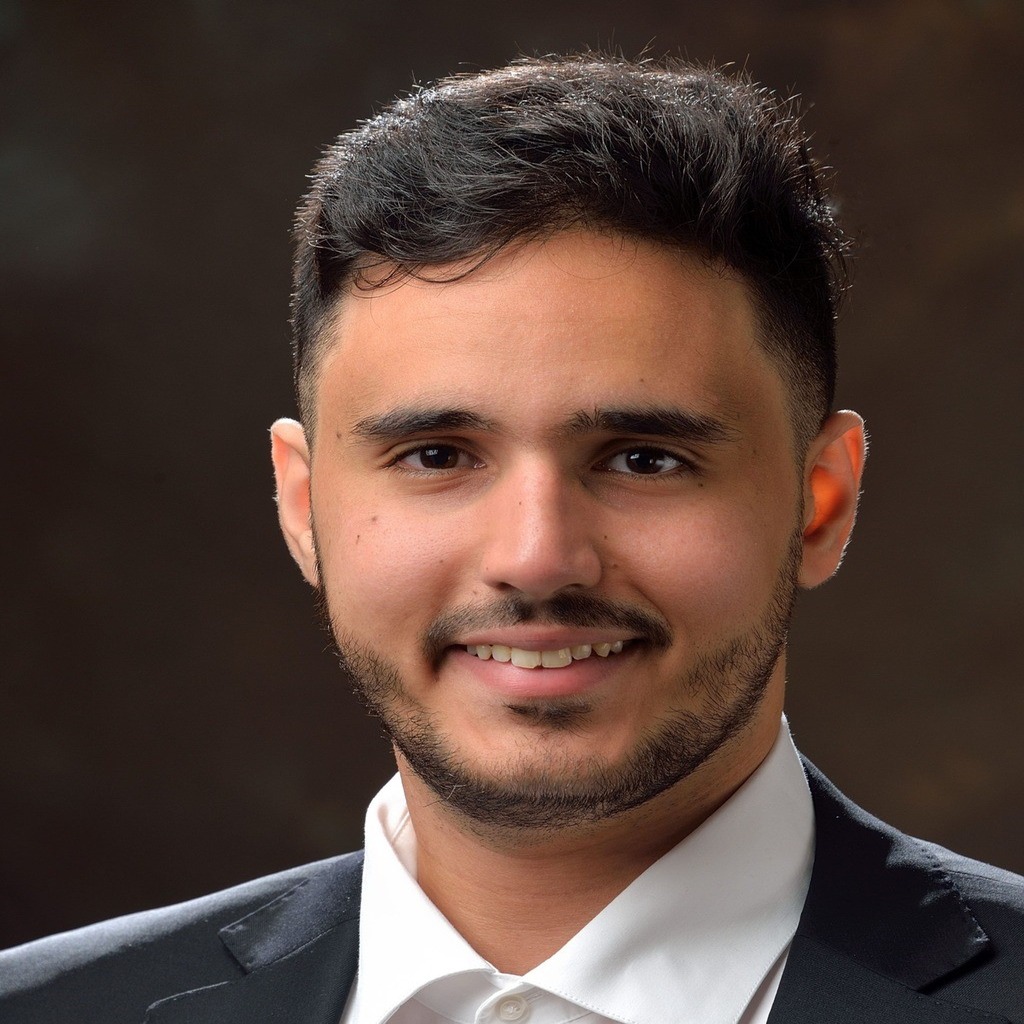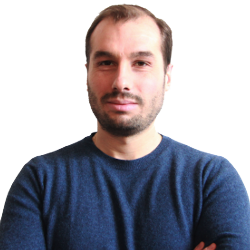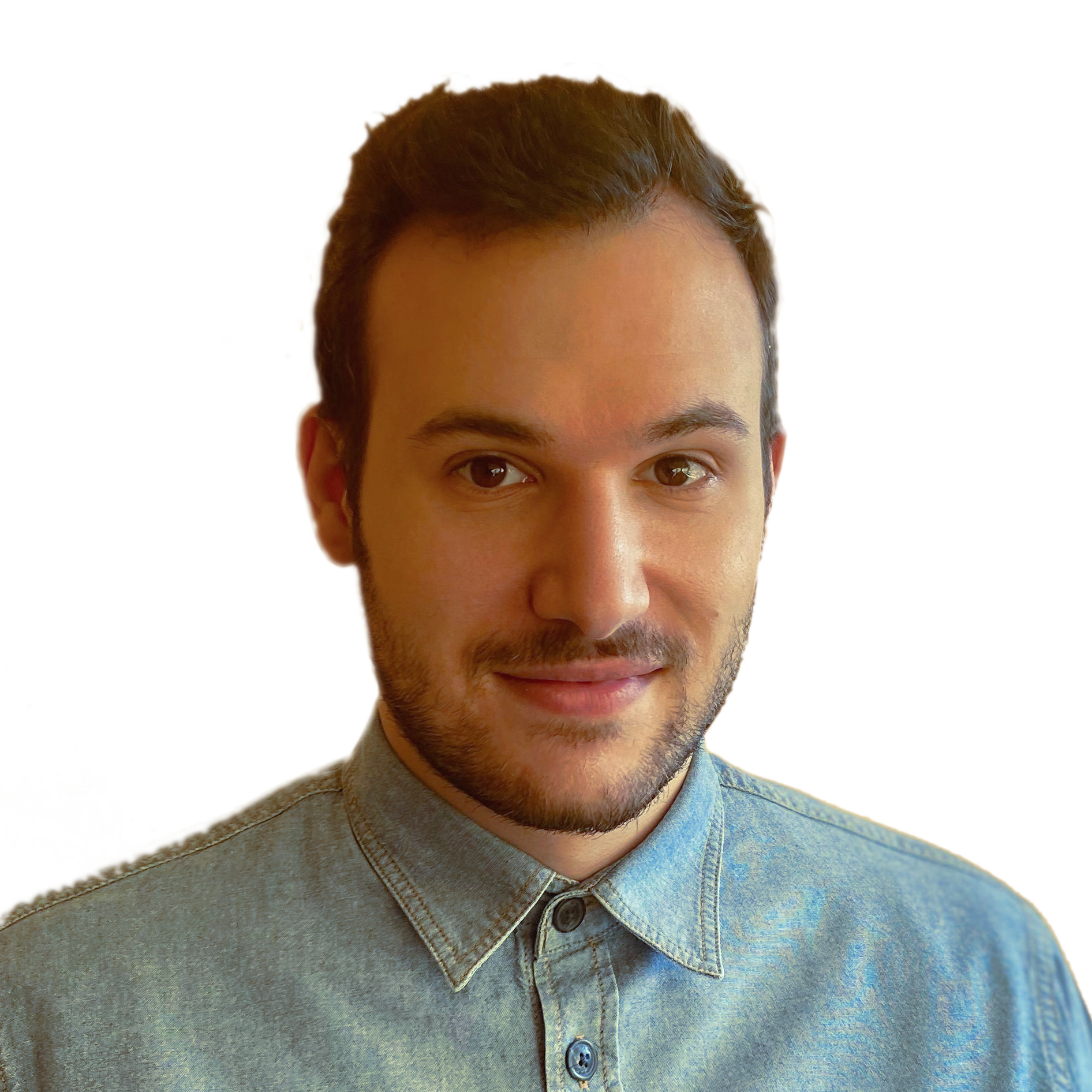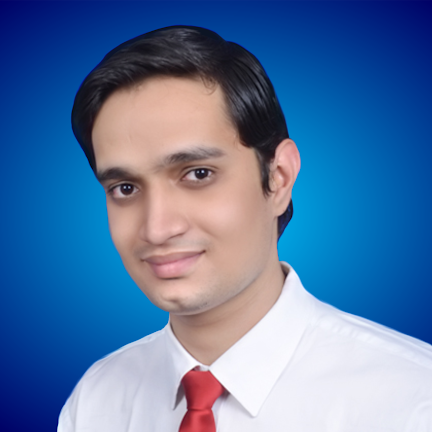CDC 2024 will host an in-person competition in the form of the 22nd F1tenth Autonomous Grand Prix as well as a virtual benchmark competition in the form of the 2nd F1tenth Sim Racing League. The main focus of the 22nd F1TENTH
Autonomous Grand Prix is an in-person competition with physical cars. Each team will bring
their own F1TENTH car and write the software for their car. The teams have access to a
detailed build manual and can use open-source software that helps them get started with
the car. The organizers provide the race setup (rules, submissions, guidelines), the track,
and related infrastructure and organize the race itself.
For the competition, teams first take part in a qualification session in order to determine
seeding. In the qualification session, teams compete in a time trial where they need to demonstrate
that they are able to finish laps without colliding with the track bounds at run time. Afterwards, teams compete in a knockout
phase in head-to-head racing in an intense battle with their autonomous driving algorithms.
Since vehicles and hardware are standardized, teams must develop robust perception,
planning, and control algorithms that can deal with the uncertainties of a new track and new
competitors. The Grand Prix phase pits competitors against each other on the same track.
The 2nd F1TENTH Sim Racing League is a virtual benchmark competition where teams can
participate remotely. The teams will be provided with a simulator environment and a
standardized car model. The teams will have to write software for their car to fulfill the
objectives for the competition: Don't crash and minimize laptime. The teams will submit their
software to the organizers, who will run the software on the simulator and evaluate the
performance of the software. The teams will be ranked based on their performance in the
simulator. The Sim Racing League is a great opportunity for teams to participate in the
competition without the need to build a physical car and travel to the competition. For
more information on the 2nd F1TENTH Sim Racing League, please visit the 2nd Sim Racing League website.
